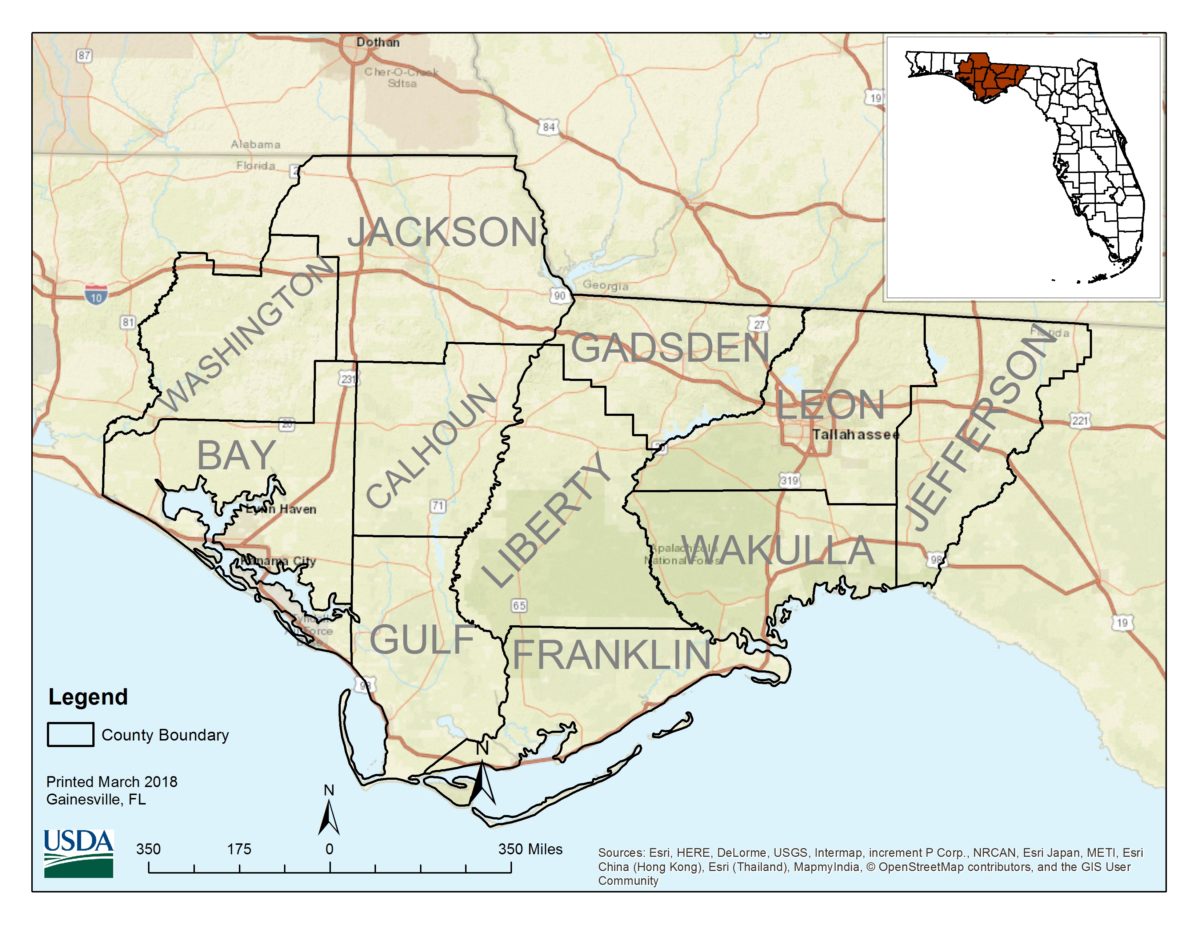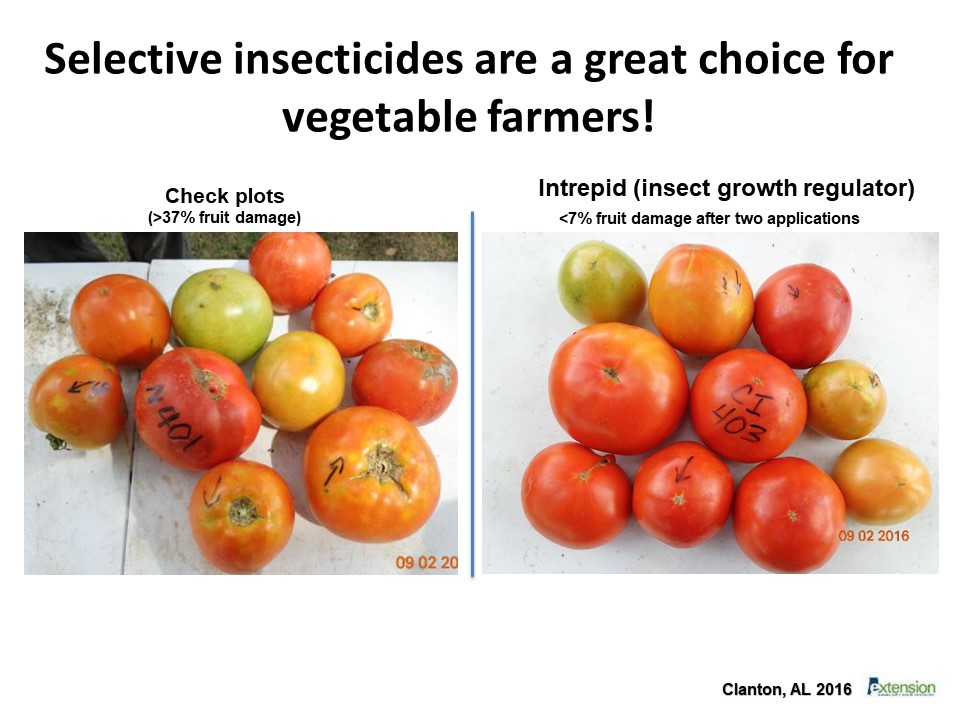GAINESVILLE, Fla., March 13, 2018 — USDA’s Natural Resources Conservation Service (NRCS) is accepting applications from agricultural producers until April 30 for a Regional Conservation Partnership Program (RCPP) project that improves water quality and quantity. The “Apalachicola-Chattahoochee-Flint Rivers (ACFR) Conservation Partnership for Alabama, Florida, and Georgia” project in the ACFR basin covers 13 million acres in eastern Alabama, western Georgia …
The Complex World of Insecticide Modes of Action
Selecting insecticides can be extremely cumbersome and complex. Ayanava Majumdar, Auburn University Extension entomologist, says there are five different “mode of action” categories that can help conventional growers decide what kind of insecticide will be most effective in their production systems. The five categories are contact poisons, insect growth regulators, mitochondrial or cellular respiration inhibitors, Bacillus thuringiensis and the unknown. …
Critical Organic Insecticides
Auburn University Extension entomologist Ayanava Majumdar says for organic growers, the use of organic insecticides can make or break a production system. “Organic insecticides are critical for organic producers; we shouldn’t forget about them,” Majumdar says. Southeastern weather conditions are among the most unique in the nation, making pests a year-round issue. For starters, the southeast has heat, humidity and …
Improving Grape Varieties for Southeastern Growers
Auburn University research has created new opportunities for growers who want to begin or increase grape production. Elina Coneva, Extension specialist for the Auburn University department of horticulture, said new research has increased interest in grape production in the Southeast. Muscadine grapes are currently the most popular type of grapes grown in Alabama. This is due to the resistance the …











